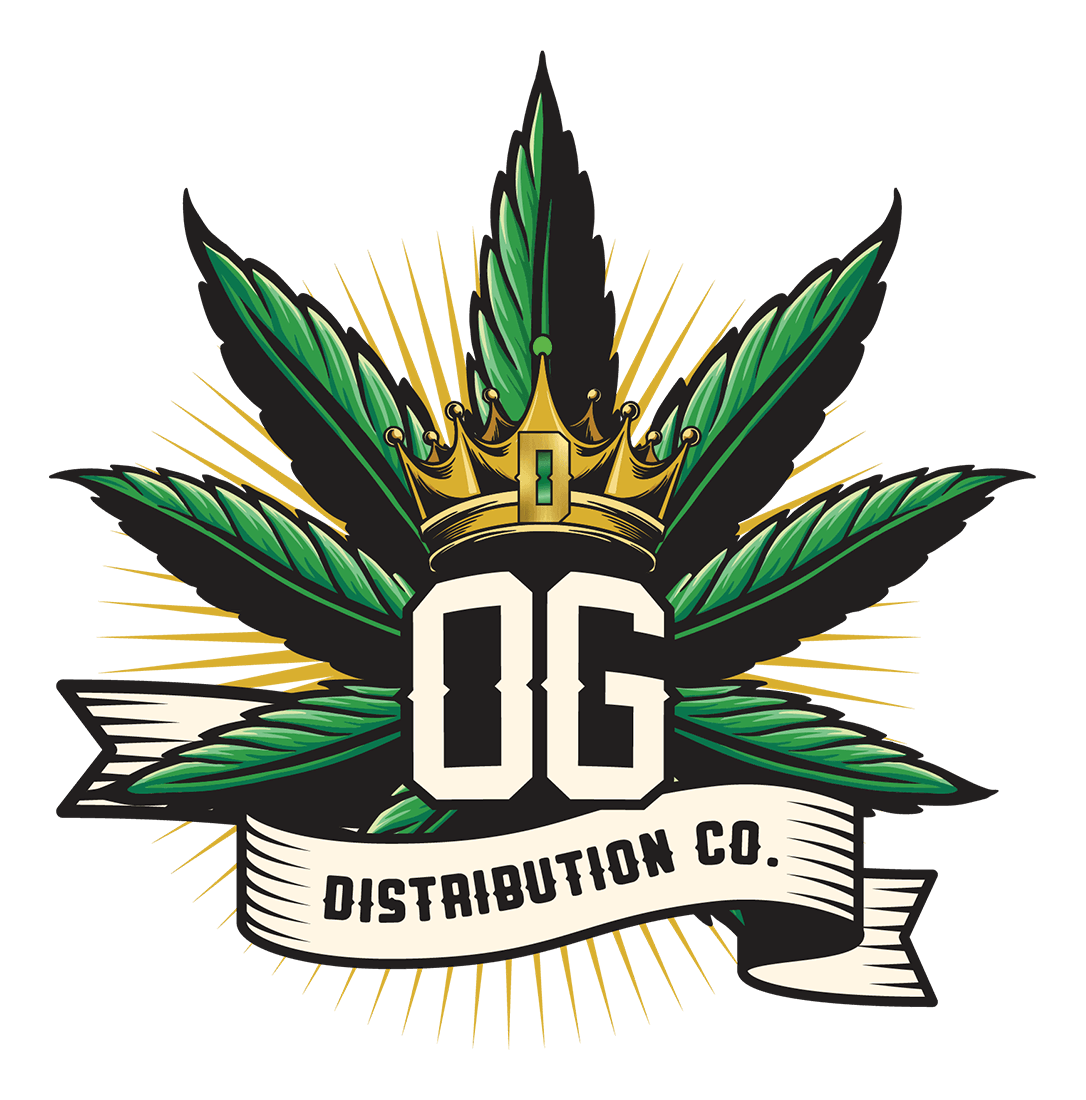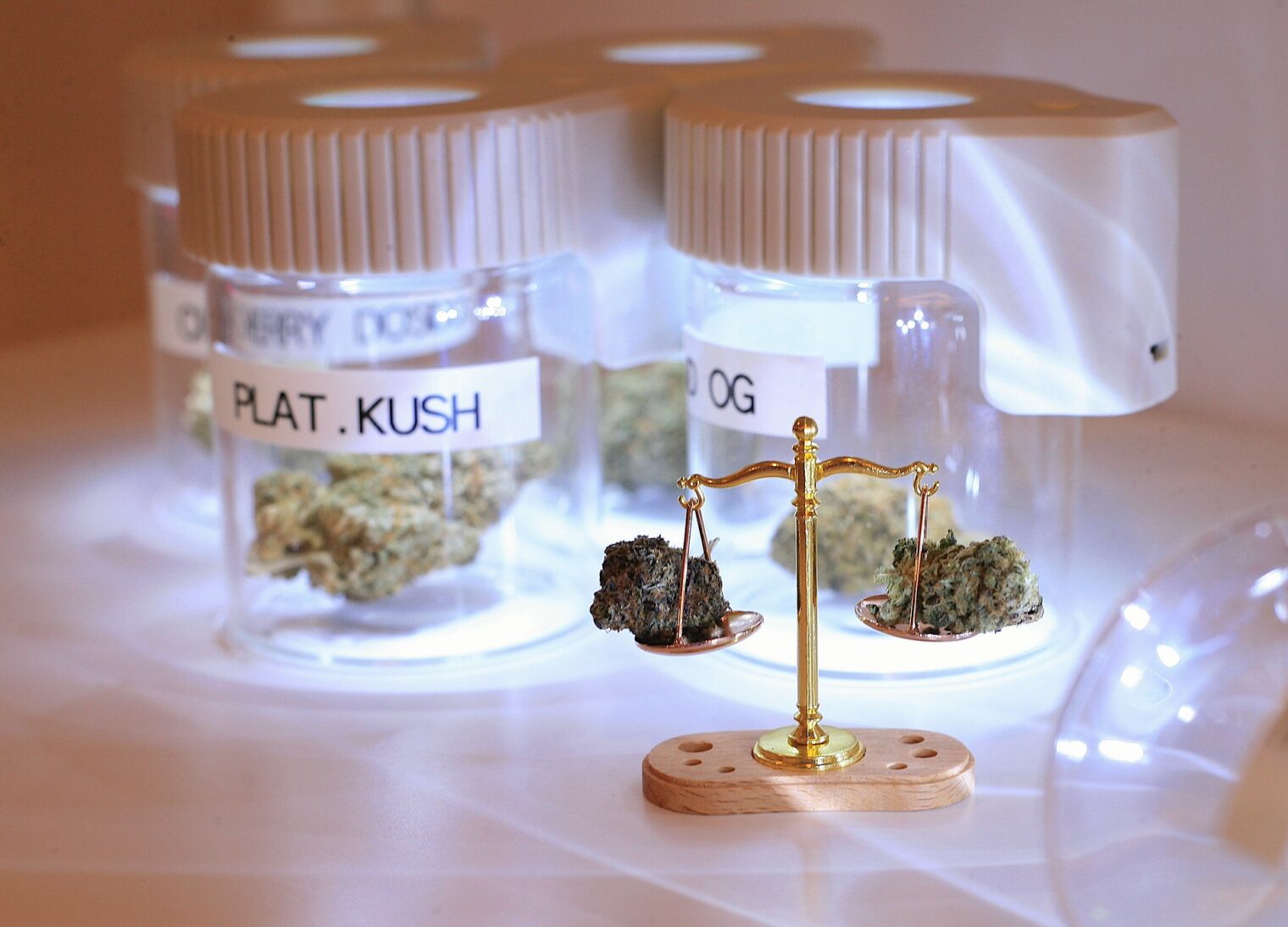Social and Economic Implications of Thailand Cannabis Laws
Have you been thinking of the social and economic implications of cannabis decriminalization and Thailand cannabis laws? Me too! As the global conversation surrounding cannabis evolves, there is growing support for decriminalization as a means to address some of the social issues associated with cannabis prohibition. Many people ask is weed legal in Thailand, decriminalized? And if so, has it affected Thai society as a whole?
Everything in life has a knock-on effect to other things. And this is even more true in regards to social implications. There is no way that the sudden change in Thailand cannabis laws wouldn’t effect other parts of Thai society. Let’s take a deeper delve into these social issues and knock-on effects.
Thailand Cannabis Laws and their Effects
Reduction in Criminalization: One of the most significant social implications of cannabis decriminalization is the reduction in criminalization. Under the current laws in Thailand, possession of cannabis without a medical prescription can lead to criminal prosecution and imprisonment. This has led to a large number of people, including many young adults, being incarcerated for minor cannabis offenses.
Decriminalization would mean that possession of small amounts of cannabis would no longer lead to criminal penalties, which could reduce the number of people being incarcerated and help to address the issue of over-crowded prisons.
Addressing Social Injustice: The criminalization of cannabis has disproportionately affected marginalized communities. In many parts of the world, people from lower socio-economic backgrounds and minority communities are more likely to be arrested, convicted, and incarcerated for cannabis offenses. Decriminalization could help to address this social injustice by reducing the number of people from marginalized communities being criminalized for cannabis possession.
Understanding the Difference: Legalization vs Decriminalization
Ah, the age-old debate: legalization versus decriminalization. It’s a conversation that has sparked fiery debates in parliaments, dinner tables, and social media forums all over the world. So, let’s roll up our sleeves and dive into the nitty-gritty details of what these terms mean and why it’s crucial to understand them in the context of cannabis laws in Thailand.
Legalization and decriminalization are two distinct approaches to changing the legal status of cannabis. While they may sound similar, they have very different implications for users, law enforcement, and the society at large.
Legalization:
When we talk about Thailand cannabis laws and legalization, we mean that cannabis is made legal for possession, consumption, and sale. This usually comes with a set of regulations and restrictions, such as age limits, licensing requirements for sellers, and limitations on where cannabis can be consumed. Legalization often also involves regulation and taxation, much like alcohol and tobacco. Canada, for example, has fully legalized cannabis, allowing adults to possess, consume, and purchase cannabis from licensed retailers.
Decriminalization:
On the other hand, the new Thailand cannabis laws and decriminalization means that possession and consumption of cannabis are no longer criminal offenses but may still be considered civil offenses. In other words, if you are caught with a small amount of cannabis, you may receive a fine, but you won’t be criminally prosecuted or sent to jail.
However, selling and producing cannabis may still be illegal. Portugal, for instance, decriminalized all drugs, including cannabis, in 2001. Individuals caught with a small amount of any drug are referred to a dissuasion commission, which may impose fines or treatment options but does not involve criminal prosecution.
Understanding the differences…
Now, why is it important to understand the difference between these terms when discussing cannabis in Thailand? Well, because the nuances matter. A lot. While the legalization of medical cannabis in Thailand was a significant step forward, it does not mean that cannabis is fully legal or decriminalized. Recreational use of cannabis is still illegal, and possession can lead to criminal prosecution.
The conversation around cannabis in Thailand, and indeed the world, is evolving rapidly. As more countries move towards legalization or decriminalization, the pressure increases on others to reconsider their stance. Understanding the differences between these terms helps us to have a more informed discussion about the future of cannabis legislation in Thailand and its implications for locals and tourists alike.
More things you need to know…
As we move forward in this blog, we will explore the current laws and regulations surrounding cannabis in Thailand and what they mean for you. We will also discuss the social and economic implications of cannabis decriminalization and consider the potential future changes in Thailand cannabis laws. So, buckle up, and let’s continue this journey together!
Mental Health and Addiction: The criminalization of cannabis also has implications for mental health and addiction. Treating cannabis use as a criminal issue rather than a health issue can stigmatize users and prevent them from seeking help for addiction or mental health issues. Decriminalization could help to shift the focus from criminalization to a public health approach, which could lead to better outcomes for individuals struggling with cannabis addiction or mental health issues.
Public Safety: There are also implications for public safety. The illegal cannabis market is often associated with criminal organizations and violence. Decriminalization could help to reduce the demand for illegal cannabis, thereby reducing the power and influence of criminal organizations. Additionally, decriminalization could free up law enforcement resources to focus on more serious crimes, which could have a positive impact on public safety.
It is important to note that decriminalization does not mean a free-for-all. It would still be illegal to sell or distribute cannabis, and there would still be penalties for possession of large amounts of cannabis. However, decriminalization would mean that possession of small amounts of cannabis for personal use would no longer lead to criminal penalties.
In conclusion…
While there are potential benefits to Thailand cannabis laws and decriminalization, it is not a silver bullet. It is one piece of a larger puzzle that includes addressing addiction and mental health issues, addressing social injustice, and ensuring public safety. As the conversation surrounding cannabis evolves in Thailand and around the world, it is important to consider the broader social implications and to approach the issue with a holistic perspective.
In the next section, we will delve into the economic implications of cannabis decriminalization. Stay tuned for this important discussion!
Economic Implications of Cannabis Decriminalization
Alright, economics enthusiasts, this section is for you! Let’s talk money, market potential, and the economic implications of cannabis decriminalization. As we have discussed, the legalization of medical cannabis in Thailand marked a significant milestone. But what would it mean economically if Thailand decided to take it a step further and decriminalize cannabis altogether?
Boost to the Economy: The global cannabis market is booming, and countries that have legalized or decriminalized cannabis are reaping the economic benefits. The legal cannabis market includes not only the sale of cannabis products but also ancillary services such as transportation, security, and marketing. Decriminalizing cannabis in Thailand could open up new economic opportunities and contribute to the growth of the economy.
Job Creation: The cannabis industry has the potential to create a large number of jobs. From cultivation to processing, distribution, and retail, there are opportunities for employment at every stage of the supply chain. Additionally, the ancillary services associated with the cannabis industry, such as legal, marketing, and security services, also create job opportunities. Decriminalizing cannabis in Thailand could lead to increased job opportunities and help to reduce unemployment.
Tax Revenue: Tax revenue is another significant economic benefit associated with Thailand cannabis laws and decriminalization. Countries that have legalized or decriminalized cannabis have generated substantial tax revenues from the sale of cannabis products. This tax revenue can be used to fund public services such as education, healthcare, and infrastructure. In Thailand, tax revenue generated from the cannabis industry could contribute to funding public services and addressing social issues.
Tourism: Thailand is a popular tourist destination, and cannabis tourism could be a new niche market that attracts visitors from around the world. Cannabis tourism includes not only the sale of cannabis products but also cannabis-related experiences such as tours, cooking classes, and wellness retreats. Decriminalizing Thailand Cannabis Laws could help to attract cannabis tourists to Thailand and contribute to the growth of the tourism industry.
Reduction in Law Enforcement Costs: Thailand cannabis laws and decriminalizing cannabis could also lead to a reduction in law enforcement costs. Currently, a significant amount of law enforcement resources are dedicated to enforcing cannabis prohibition, including arresting, prosecuting, and incarcerating individuals for cannabis offenses. Decriminalization would mean that possession of small amounts of cannabis for personal use would no longer lead to criminal penalties, which could free up law enforcement resources to focus on more serious crimes.
Keep reading to find out is weed legal in Thailand or decriminalized?
It’s important to note that while there are potential economic benefits associated with Thailand cannabis laws and decriminalization, there are also potential challenges and risks. For example, there are concerns about the potential for increased cannabis use and addiction, particularly among young people. Additionally, there are potential regulatory challenges associated with ensuring the safety and quality of cannabis products.
In conclusion, the economic implications of cannabis decriminalization in Thailand are significant. From boosting the economy and creating jobs to generating tax revenue and attracting tourists, there are many potential economic benefits. However, it is important to approach the issue with a balanced perspective and consider the potential challenges and risks as well ini regards to the new Thailand Cannabis Laws.
As we move on to the next section of this blog, we will discuss the potential future changes in cannabis legislation in Thailand. For more Thailand cannabis blogs, please check out or news section. Stay with us for this insightful discussion!


